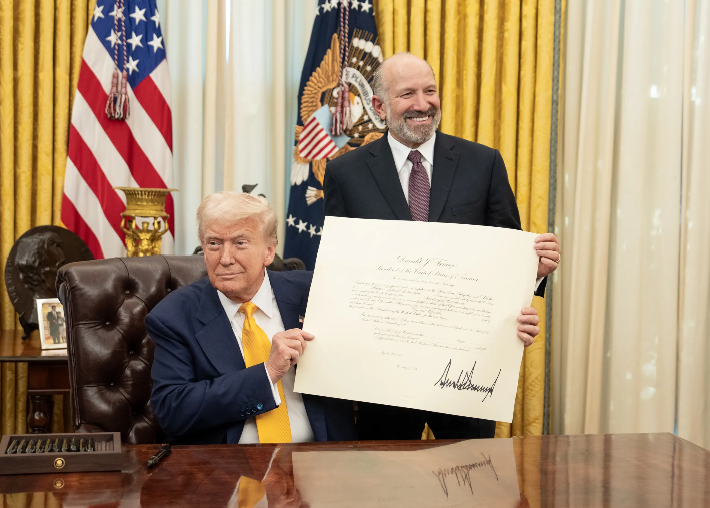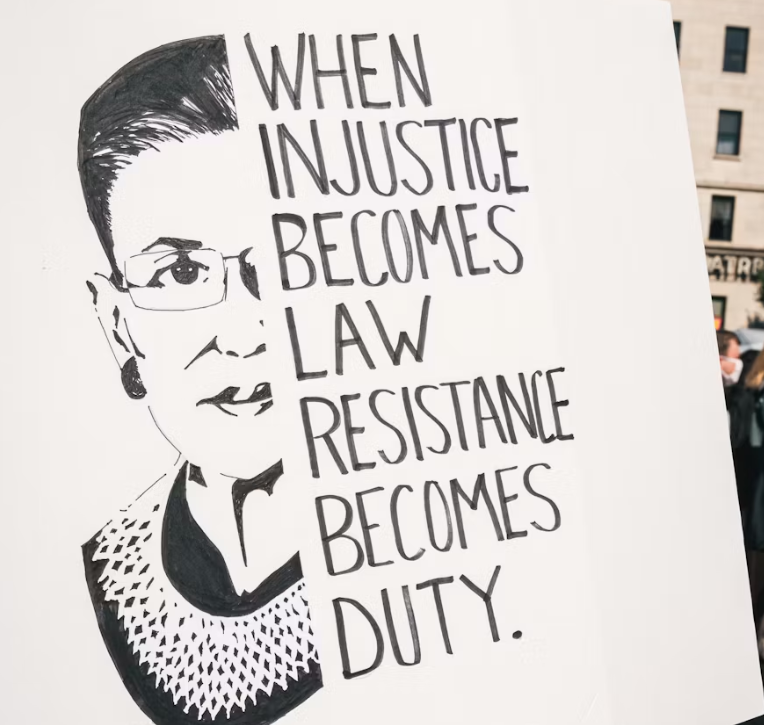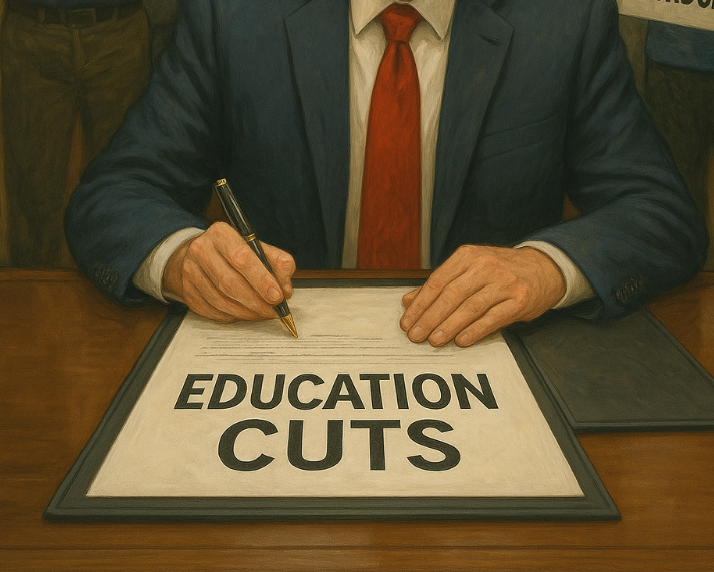Defunding the Future: Trump’s Teacher-Training Cuts and the Battle for Education’s Soul
Input
Modified
The Justification: Targeting ‘Ineffective’ and ‘Ideological’ Training Legal Resistance and a Supreme Court Setback Public Backlash and the Case for Investment in Teachers

The Justification: Targeting ‘Ineffective’ and ‘Ideological’ Training
In early 2025, the Trump administration ignited a national firestorm with a sweeping decision to eliminate nearly $600 million in federal grants designated for teacher-training programs. The cuts, aimed at programs long supported by both Democratic and Republican administrations—including the Supporting Effective Educator Development (SEED) grants, Teacher Quality Partnership Program, and the Teacher and School Leader Incentive Program—have disrupted schools and colleges that rely on these funds to recruit, train, and retain qualified educators.
While the administration claims the programs were “ineffective” and rooted in divisive diversity, equity, and inclusion (DEI) frameworks, the move has drawn backlash from educators, teacher preparation organizations, legal experts, and state leaders. Beyond the legal tussles and Supreme Court rulings, the issue has triggered a deeper national conversation: What value does America place on its teachers? And what happens when the system meant to support them is dismantled?
The teacher-training grant cuts came as part of a larger initiative by President Trump to reshape the federal role in education. In tandem with efforts to downsize—and potentially abolish—the Department of Education, the administration declared that federally funded teacher training was “ideological,” lacking in results, and an unnecessary expenditure of taxpayer dollars.
These grants had previously fueled programs designed to address teacher shortages, elevate instructional quality, and diversify the educator pipeline. Colleges of education, particularly those serving low-income and rural communities, leaned heavily on these funds to prepare the next generation of teachers.
But in a series of directives issued in February 2025, the Department of Education, under Trump-appointed Secretary Everett Nord, terminated the grants abruptly. The justification? The programs were “ineffective” and often promoted “radical DEI ideologies” deemed inappropriate for federal sponsorship. For institutions already in mid-implementation of multi-year training programs, the sudden loss of funds created chaos.
At the heart of this controversy lies a belief strongly held by President Trump and his education policy advisors: that American teacher training is fundamentally broken. During a speech in March 2025, Trump criticized colleges of education as “out-of-touch bureaucracies” that “produce weak, woke teachers who can’t manage a classroom, let alone educate one.”
The administration's position aligns with certain conservative critiques that argue teacher-preparation programs are overly theoretical, overly politicized, and disconnected from classroom realities. They contend that many teacher candidates leave these programs ill-equipped to address real-world challenges like classroom management, discipline, and curriculum delivery.
Indeed, a 2024 study by the National Council on Teacher Quality found considerable variation in program quality across the nation. Some conservative education reformers argue that public money should be directed only to programs with a demonstrable return on investment—preferably those that embrace alternative certification models like Teach For America or school district-run residencies.
But educators, unions, and research-based institutions argue that such a view cherry-picks data and disregards the complexity of what makes an effective teacher. “You don’t improve outcomes by slashing support and labeling everyone ineffective,” said Linda Darling-Hammond, president of the Learning Policy Institute. “You do it by building capacity, not burning it down.”

Legal Resistance and a Supreme Court Setback
The administration’s decision was met with swift legal resistance. Eight states—California, Colorado, Illinois, Maryland, Massachusetts, New Jersey, New York, and Wisconsin—filed a lawsuit challenging the Department of Education’s actions, claiming the termination violated federal statutes and was politically motivated.
A U.S. District Court initially sided with the states, ordering the department to reinstate the funding pending the outcome of the legal proceedings. However, in a pivotal decision on April 4, 2025, the U.S. Supreme Court reversed the injunction in a 5–4 ruling, allowing the administration to proceed with the cuts. The Court’s majority reasoned that the district court lacked jurisdiction and that funding disputes of this nature fall under the purview of the Court of Federal Claims.
Legal scholars noted that while the ruling was procedural, it effectively handed the administration a major policy victory. The Supreme Court’s decision opened the door for federal agencies to reinterpret—or rescind—grant agreements, even after they had been awarded.
Despite the Supreme Court’s ruling, educators and advocacy groups across the country have vowed to continue fighting. The American Association of Colleges for Teacher Education (AACTE), the National Center for Teacher Residencies (NCTR), and other institutions affected by the cuts launched a second wave of litigation. A federal judge later issued a narrowly scoped injunction, reinstating grants for those specific plaintiffs.
On the ground, many institutions are working around the cuts by forging partnerships with philanthropic organizations and state education departments. In some states, legislatures are exploring ways to bridge the funding gap with emergency allocations, though not all states have the budgetary flexibility to do so.
Beyond the courtrooms and budget meetings, teacher candidates are also organizing. Groups of education students from the University of Maryland, Cal State Fullerton, and other campuses have staged protests, arguing that the federal government is undermining their future careers and the nation’s educational stability.
“This isn’t just about money—it’s about being told that our work doesn’t matter,” said Mia Torres, a graduate student at Hunter College’s School of Education. “They say we’re ineffective, but most of us haven’t even made it to our first classroom yet. We’re not giving up.”

Public Backlash and the Case for Investment in Teachers
Trump’s remark that teacher training programs are ineffective has resonated differently across the public and academic spectrum. While some conservative media outlets applauded the administration for taking a tough stance on wasteful spending, a broader swath of educators and the general public view the critique as an oversimplification at best—and a political smear at worst.
Public polling conducted by Pew Research in March 2025 found that 62% of Americans support federal funding for teacher training, with support particularly strong among suburban voters and parents of school-age children. More than half of respondents said they believe teacher shortages are among the top three challenges facing public education today.
Critics of the administration’s position argue that teacher preparation is one of the most underfunded and misunderstood pillars of the education system. They point out that most high-performing countries—including Finland, Singapore, and South Korea—invest heavily in rigorous teacher training as a cornerstone of educational excellence.
“We don’t hear leaders in those countries saying their teachers are ineffective,” said Pedro Noguera, dean of the USC Rossier School of Education. “What we hear is respect, trust, and investment. We should be learning from them, not gutting the very programs that train our educators.”
Even moderate and right-leaning education experts have pushed back. A recent editorial in the National Review conceded that while teacher training has room for improvement, eliminating grants wholesale does not address the core challenges. “Reform, not eradication, is the answer,” the piece argued, warning that the cuts could leave America “woefully underprepared for a looming teacher deficit.”
As the dust settles on this initial wave of legal and political wrangling, one thing remains clear: the fight over teacher training is far from over. While Trump’s allies frame the cuts as a victory for fiscal discipline and ideological clarity, his critics see them as a step backward—a dismantling of systems designed to ensure every child has access to a well-prepared teacher.
In the coming months, more lawsuits may unfold. Congressional Democrats are reportedly drafting legislation to restore at least partial funding to the eliminated programs. Meanwhile, teacher preparation programs are racing to adapt to a new fiscal reality, revisiting budgets, reconfiguring residencies, and appealing for state-level support.
For now, America’s educators are left with a troubling paradox: they are being asked to solve some of the nation’s most urgent problems—from learning loss to equity gaps—while being told that the tools to prepare them are not worth the investment.
The Trump administration’s decision to cut teacher-training grants has laid bare the ideological divisions shaping American education. It raises critical questions about accountability, effectiveness, and the role of government in shaping the teacher workforce. But perhaps more profoundly, it reveals how politicized—and precarious—the act of preparing educators has become.
At a time when teachers are being asked to do more with less, from navigating student mental health crises to managing digital classrooms, stripping away foundational support sends a chilling message. As the legal battles unfold and public debate continues, one thing is certain: America’s teachers—and those preparing to join their ranks—won’t stop fighting for the resources, respect, and recognition they deserve.





















